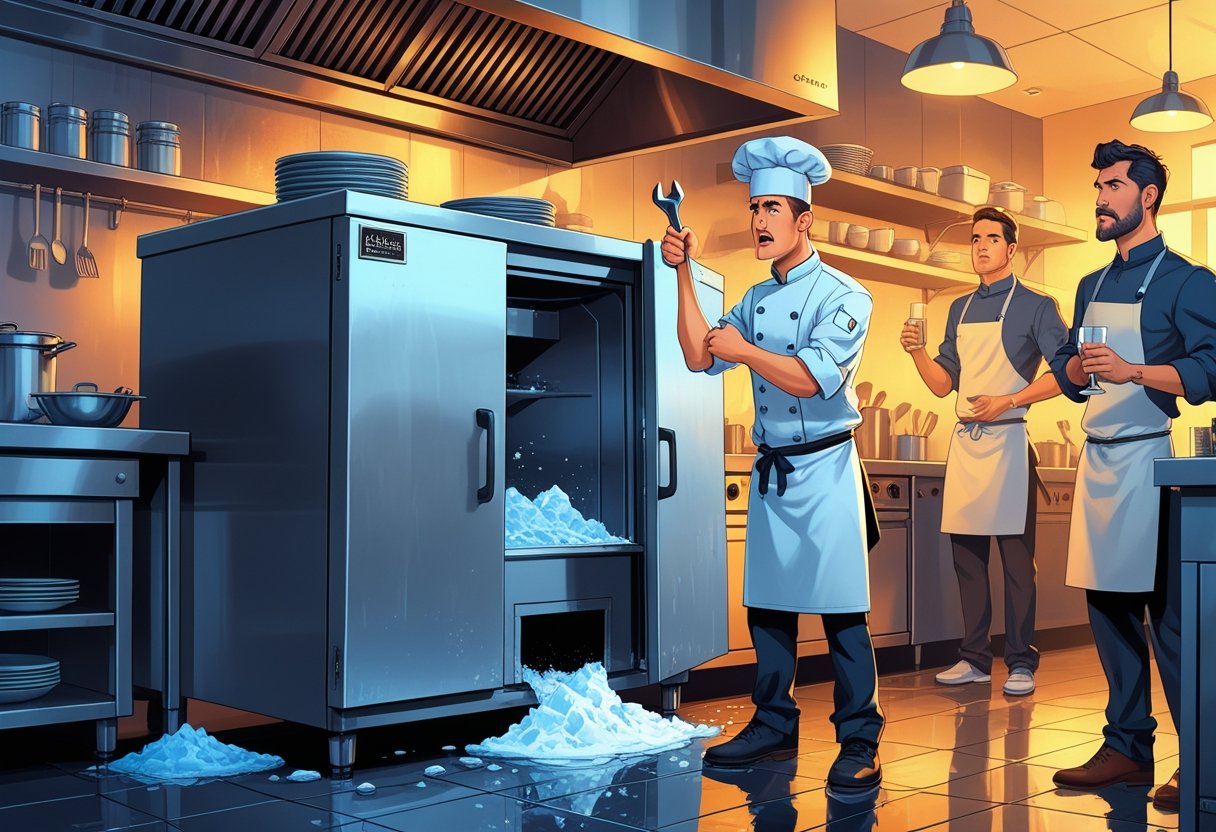proudly serving
the mid-south
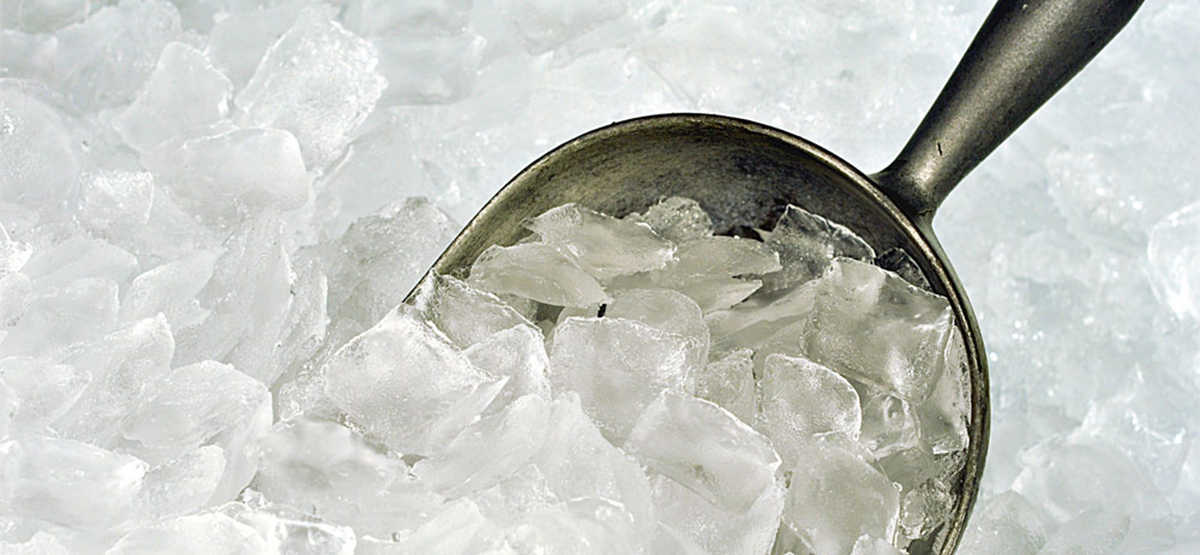
Tips to Keep Your Ice Maker Running Through Winter
Contrary to what one might expect, ice makers aren’t fans of cold weather. Maintain the integrity of your machine by utilizing these tips during the winter.
Brrr. Believe it or not, ice makers don’t like ice, snow, or extreme cold. (You’d think ice machines and ice would get along, right? They don’t!)
Ideal temperatures for your ice machine
Your ice machine cycles between cold and hot. If it can’t get hot enough to clear the ice, or if the water that circulates inside the machine freezes, you’re going to be out of ice until the thaw. For the components in your ice machine to work properly, a temperature range of 50-70 degrees is ideal. To cold temps, ice machines say, “no thanks.”
It’s cold in Tennessee!
As you can imagine, we’ve had our fair share of ice machine maintenance calls this winter with unusually low temperatures in our entire service area—from West Tennessee and Eastern Arkansas, to Northern Mississippi, the Missouri Bootheel and Southwest Kentucky. At Memphis Ice, we’re always here if you need ice machine maintenance—but environmental-related issues can be prevented…and we’re sure you could use the money to pay to higher-than-usual heating bills.
Keep your ice machine happy during winter
Today we’d like to share some tips on how to prevent maintenance issues and keep your ice makers happy during extreme cold temperatures.
- Ideally, give your machine a new home in a climate-controlled space. Sometimes ice machines get stuck outdoors because there’s no plumbing in the exact right spot. Consider investing in plumbing work to have your machine in a climate-controlled environment where there’s less likelihood of service issues. Recurring climate-related issues can be frustrating and costly. Ultimately, an ice maker in a moderate temperate has a longer lifespan with fewer service issues.
- Not an option? Cover and insulate your ice machine as much as possible. If your ice machine is completely exposed and you can’t move it, climate control it somehow. Use insulated foam tape to wrap water lines, valves and seams. In addition, put some insulation between the surfaces on your ice machine that are most exposed, whether it’s a few layers of cardboard or foam on the surfaces that touch the air.
At Memphis Ice, we’ve been renting and selling ice makers since 1977. In those early days, we even had customers who added a basket/cage-style light fixture with a light bulb inside the ice machine to provide extra heat and prevent freezing. Certainly not a fancy solution—but it helped! Remember, if you’re saying “Brrr,” your ice machine is too. Stay warm. And if you need us, we’re here.
Recent News
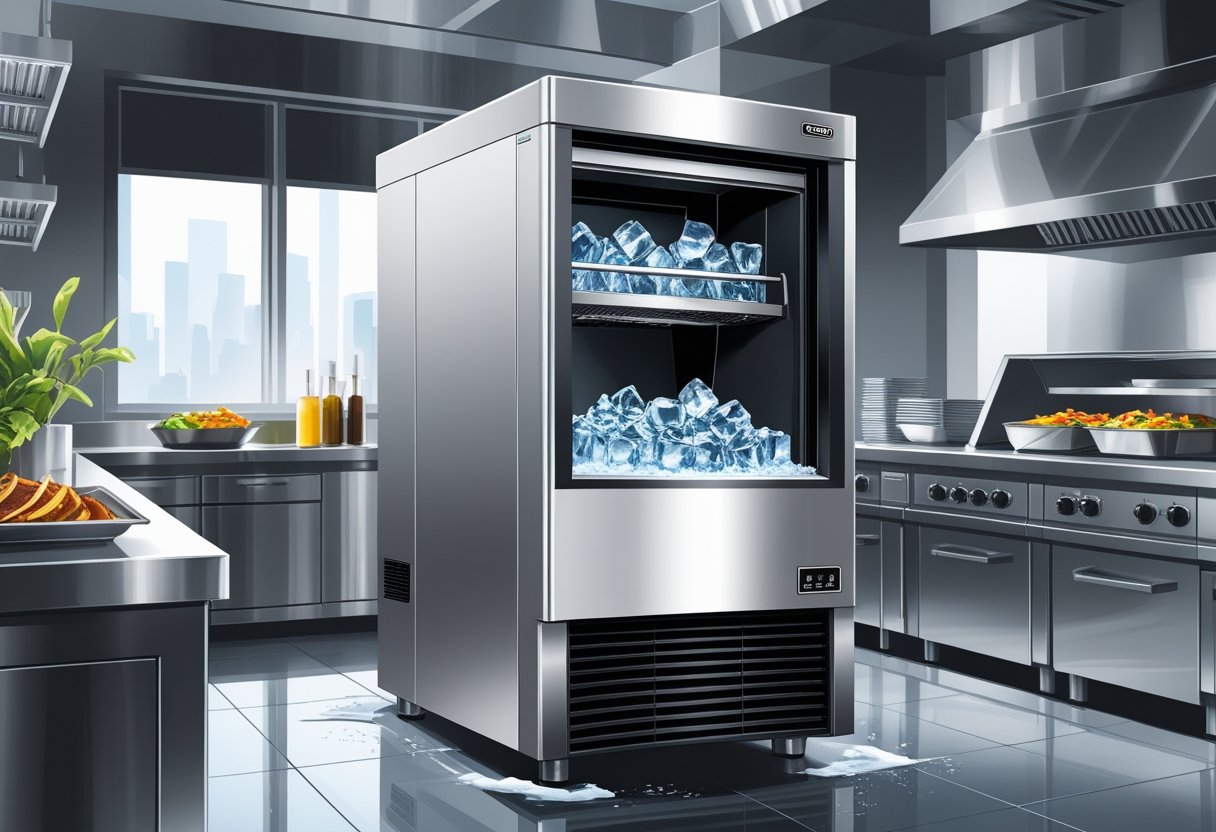
Best Commercial Ice Maker for Restaurants: Top Models for Efficiency and Reliability
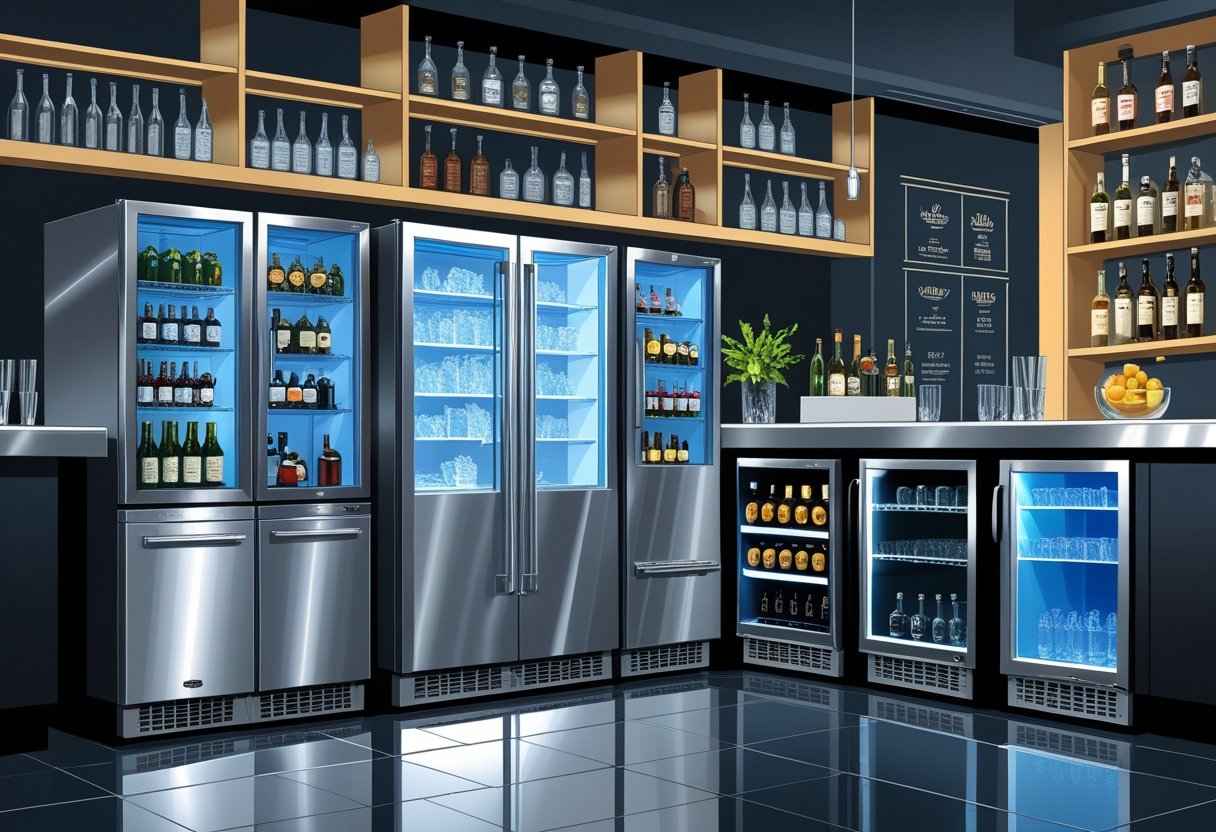
Bar Equipment Refrigeration Guide Essential Tips for Efficient Cooling and Storage
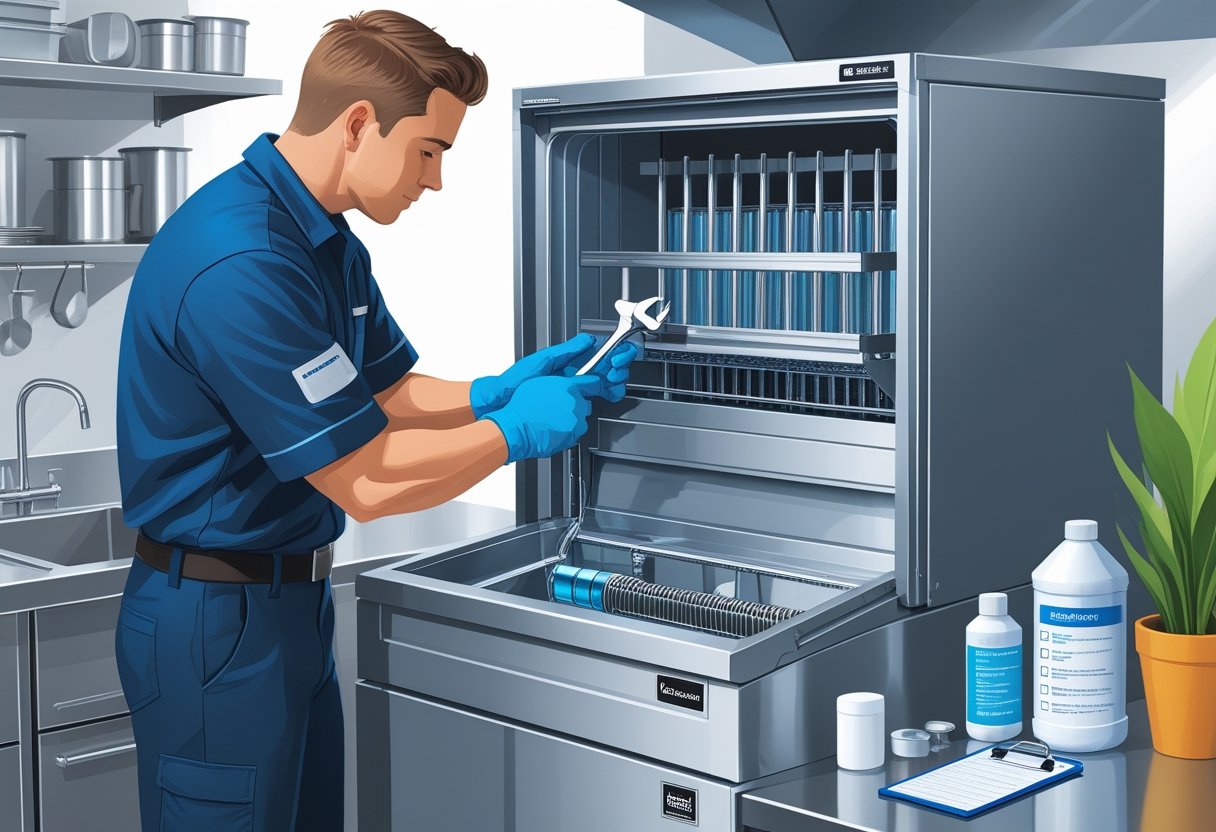
Preventative Maintenance for Ice Machines: Essential Practices to Ensure Efficiency and Longevity
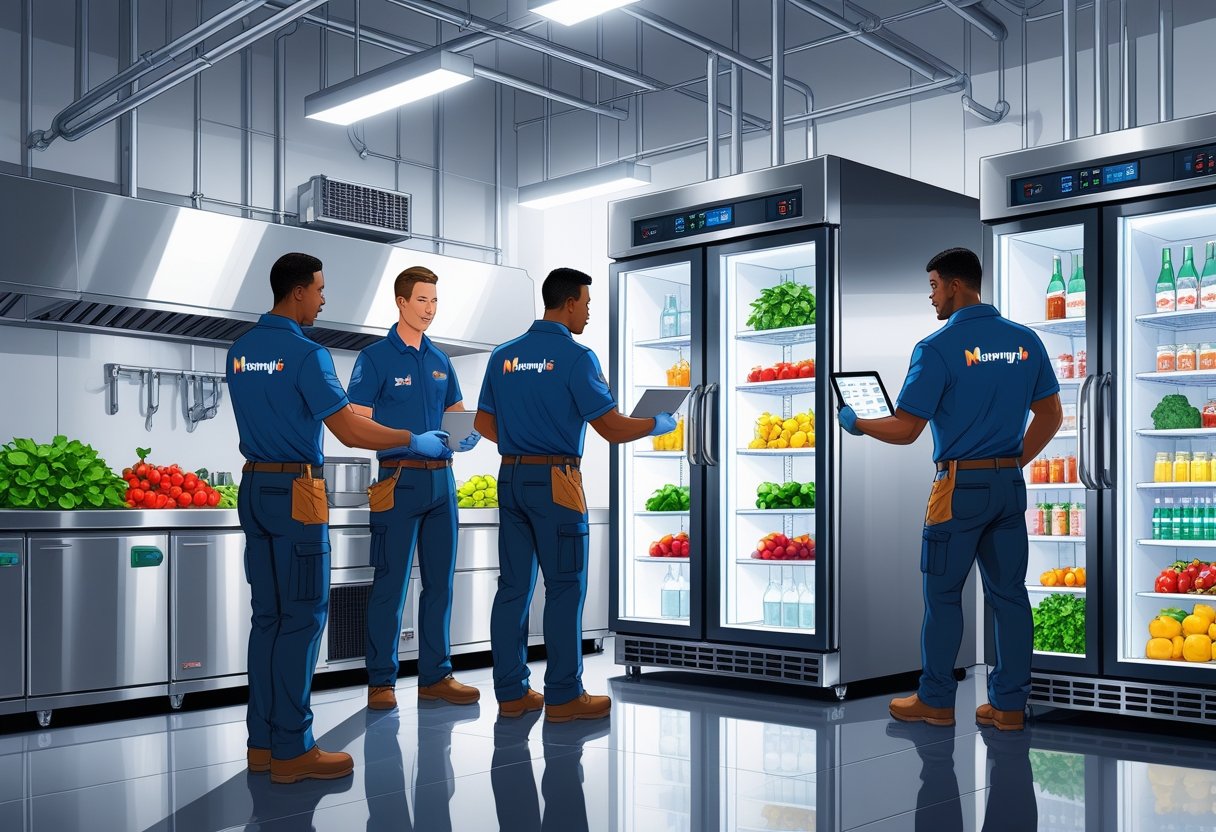
Memphis Commercial Refrigeration Experts Leading Reliable Cooling Solutions for Businesses
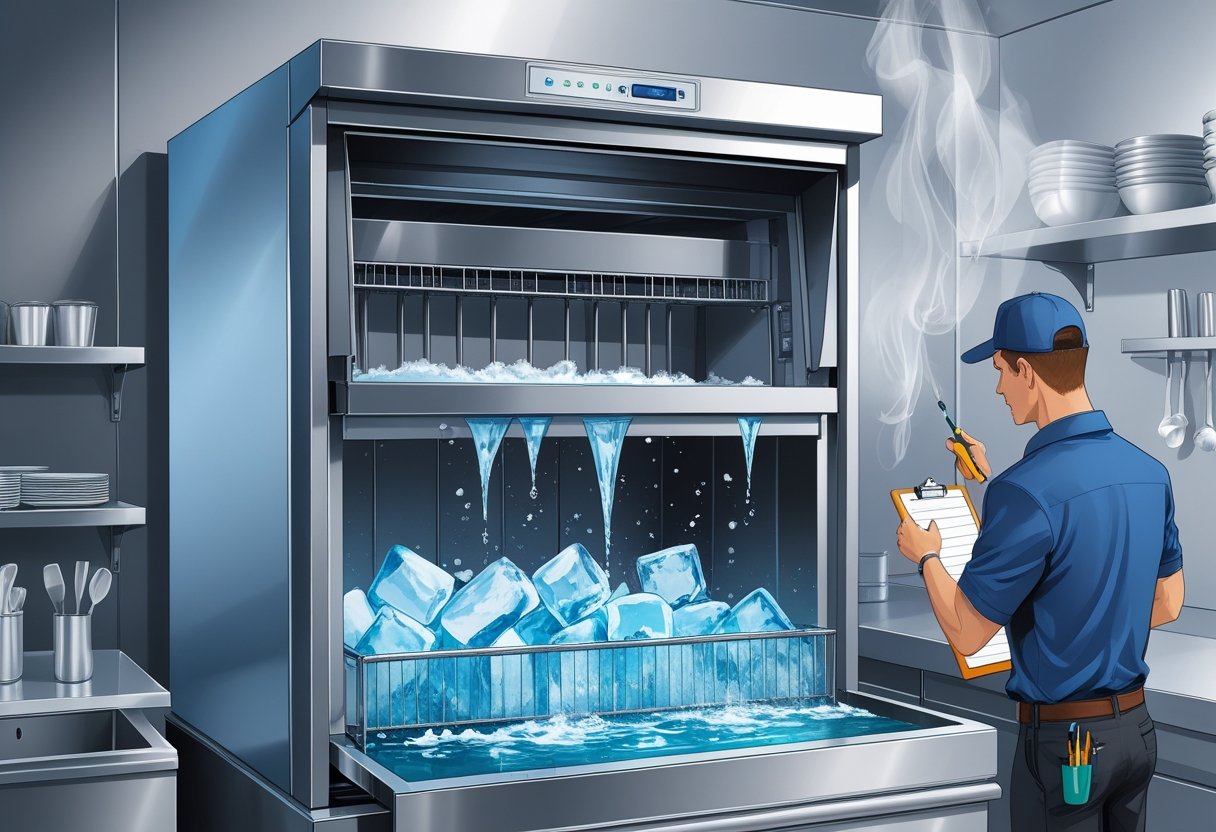
Signs Your Ice Machine Needs Service: Key Indicators to Watch For
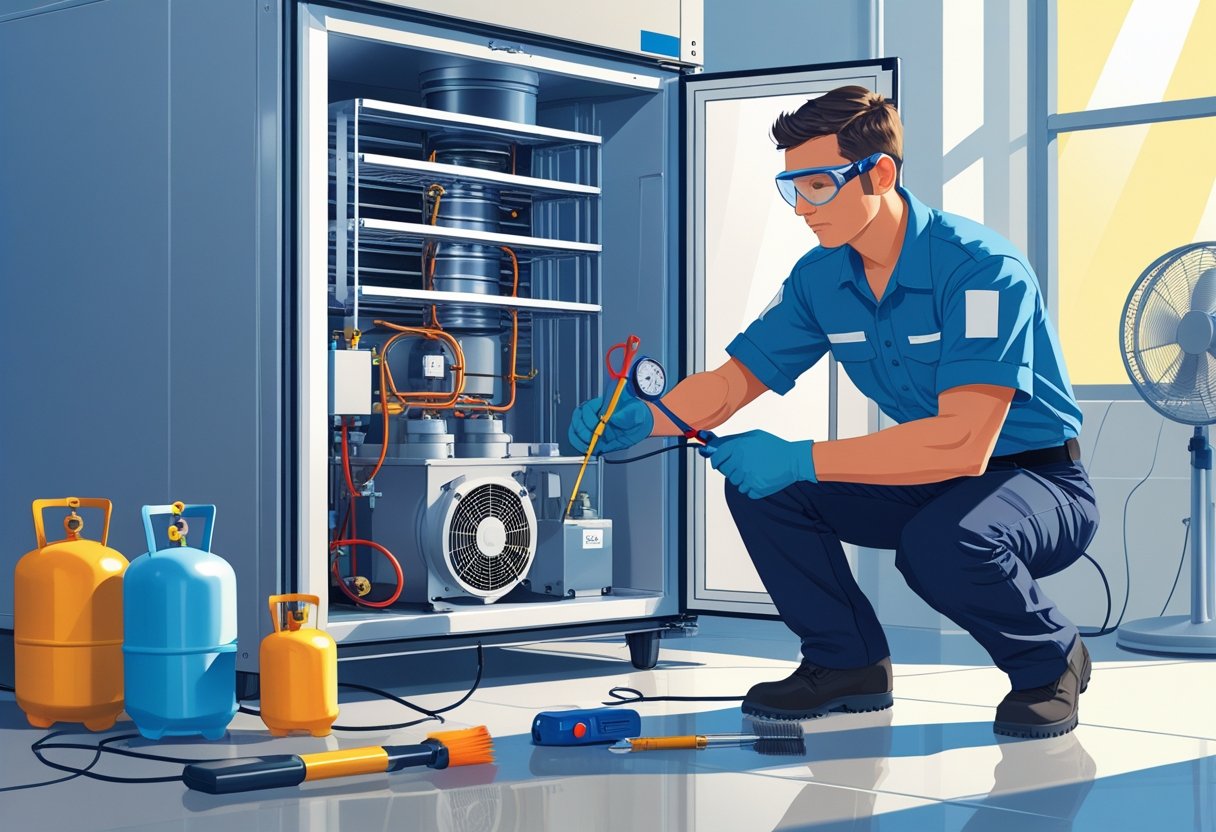
Summer Prep for Refrigeration Systems: Essential Maintenance Tips for Peak Performance
